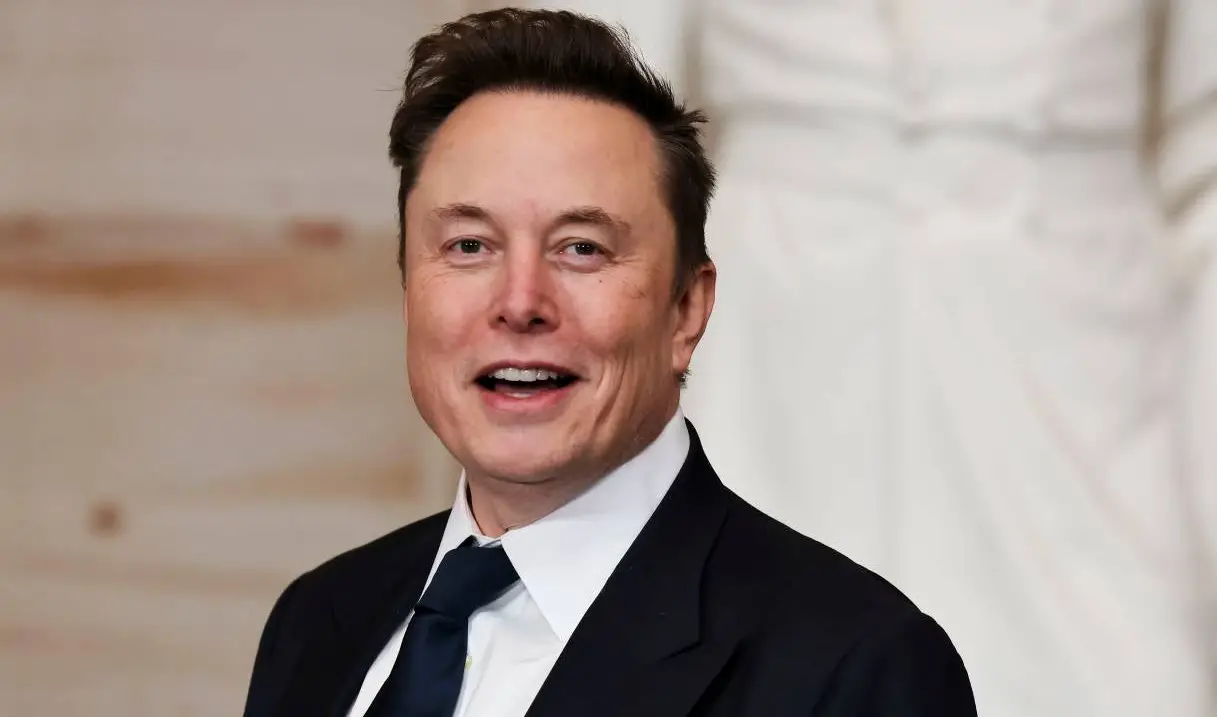Elon Musk Considers Legal Action After Criticism from Former Lawmaker
Elon Musk Responds to Criticism from Former Representative Jamaal Bowman
Elon Musk, the billionaire entrepreneur and CEO of companies like Tesla and SpaceX, has issued a strong response to recent remarks made by former Representative Jamaal Bowman. The heated exchange started after Bowman appeared on CNN, where he made critical comments about Musk’s leadership and business decisions. In response to Bowman’s accusations, Musk took to social media to say, “I’ve had enough. Lawsuit inbound,” signaling his intent to take legal action for what he sees as defamatory claims. This fiery moment has stirred up more conversation around the way high-profile figures in the public eye are scrutinized, as well as the role of social media in amplifying these conflicts.
Musk’s Response: A Legal Warning
After watching a clip of Bowman’s appearance on CNN, where the ex-lawmaker called out Musk for his business practices, Musk was quick to react. Bowman accused Musk of mishandling certain aspects of his companies, including layoffs and controversies surrounding his approach to managing multiple ventures. In a post on social media platform X, Musk announced his decision to pursue legal action, making it clear that he was no longer willing to let what he saw as false accusations go unchecked. Musk’s post quickly gained attention, especially among his supporters who have long felt that public figures are often unfairly criticized.
The Background of the Feud
This incident is just the latest chapter in an ongoing tension between Musk and certain public figures. Bowman, who was previously part of the progressive wing of the Democratic Party, has used his platform to critique many high-profile figures, including Musk. Since leaving Congress, Bowman has continued to make waves with his outspoken views, some of which have sparked controversy. Musk, known for his direct and unfiltered communication style, has found himself at the center of criticism over various decisions, ranging from the management of his businesses to his public statements.
In the CNN segment, Bowman suggested that Musk had failed to earn the trust of the public, pointing to his business strategies and personal conduct. The conversation grew even more intense as Bowman used inflammatory language to describe Musk’s decisions and leadership, including calling him “incompetent” and making other harsh criticisms. These remarks set off a chain reaction, with some members of the media and public defending Musk’s right to respond and seek justice for the accusations.
Legal and Social Implications
Musk’s threat to sue raises questions about the impact of defamatory statements in today’s media landscape. While the freedom of speech is a cornerstone of American democracy, the line between expressing an opinion and spreading harmful misinformation can often be blurry. In Musk’s case, he believes the accusations made against him are damaging and unsubstantiated, and he is determined to challenge them legally.
The potential lawsuit could have wide-reaching effects. It brings to light the role that media outlets, including CNN, play in shaping public opinion. Critics argue that unchecked accusations on national television can cause lasting harm, especially when they are based on assumptions rather than verified facts. Some have voiced their support for Musk, noting that taking legal action is a way to ensure that public figures and media organizations are held accountable for the claims they make.
The Broader Conversation on Media Responsibility
The incident has sparked a broader discussion about the responsibility of the media in reporting on public figures and the standards they should uphold. With the rise of social media, information can spread quickly, often without the same level of fact-checking or scrutiny that traditional journalism demands. As a result, accusations like those made by Bowman can have far-reaching consequences, influencing public perception and even the course of political and social discourse.
Musk’s move to threaten legal action is also a statement about the need for transparency and fairness in the way people are portrayed in the media. For Musk and many of his supporters, the case is not just about defending his own reputation but about ensuring that others are not subject to similarly unfounded criticisms. The situation highlights the ongoing tension between media freedom and the protection of individuals from defamation.
Looking Ahead: What’s Next for Musk and Bowman?
As the situation continues to unfold, both Musk and Bowman remain steadfast in their positions. Musk’s legal warning suggests that he is ready to take the necessary steps to protect his image, while Bowman’s remarks indicate that he is unwilling to back down from his criticism of Musk and others in positions of power. This back-and-forth is likely to continue in the coming weeks, as legal proceedings and public discussions over the matter evolve.
The potential lawsuit could set a precedent for how defamation cases are handled in the future, particularly in the realm of politics and business. The outcome may influence how the media approaches reporting on high-profile figures, as well as how public figures use the legal system to defend their reputations.
Conclusion: A Conflict That Reflects Larger Issues
At its core, the confrontation between Musk and Bowman is a reflection of the broader conversations taking place in society about accountability, free speech, and media responsibility. As both sides continue to argue their positions, this feud is just one example of how public figures and the media navigate a complex landscape of opinions, accusations, and the demand for fairness. The next steps in this legal drama will likely serve as a bellwether for how similar conflicts are handled in the future, both in the courts and in the court of public opinion.
